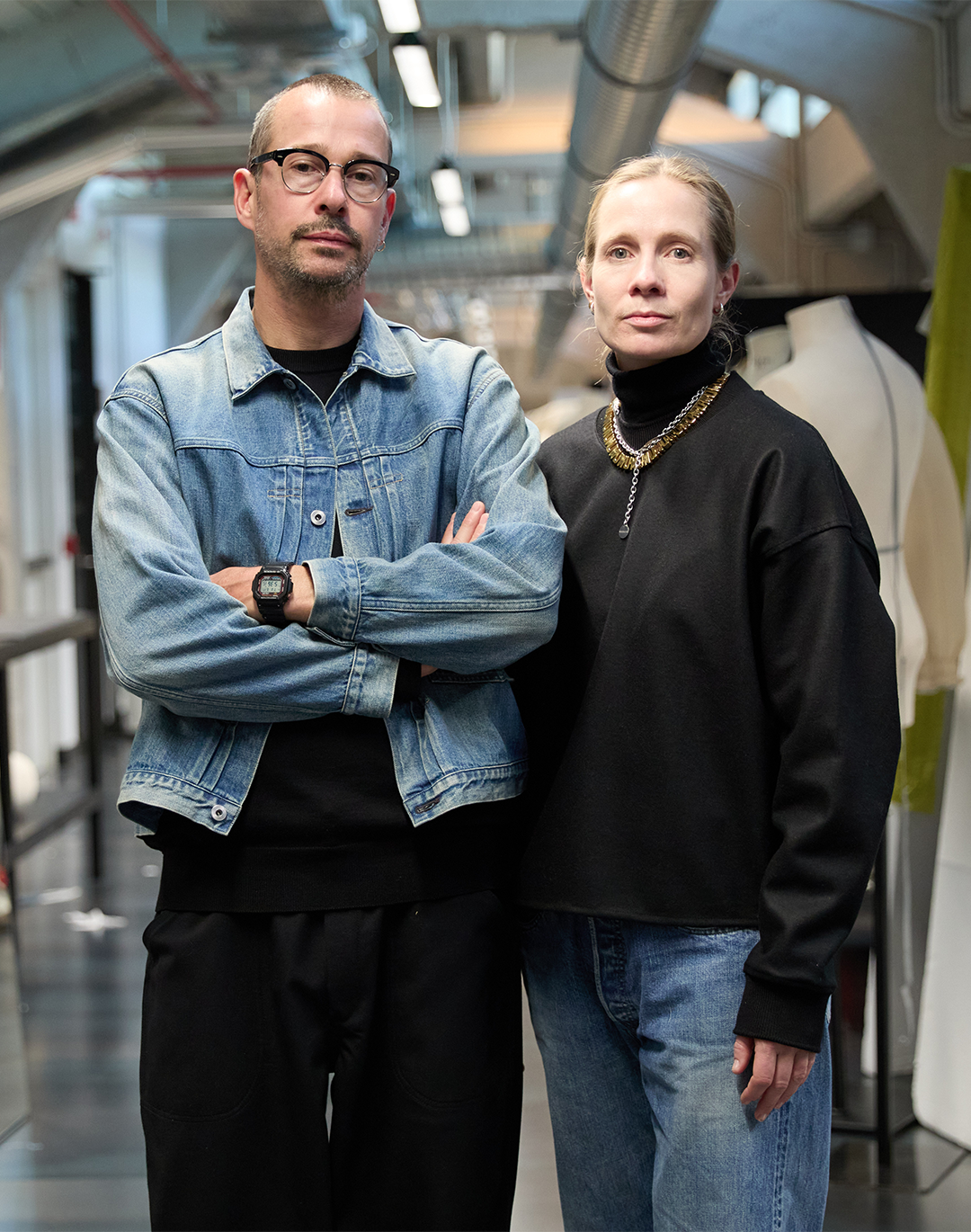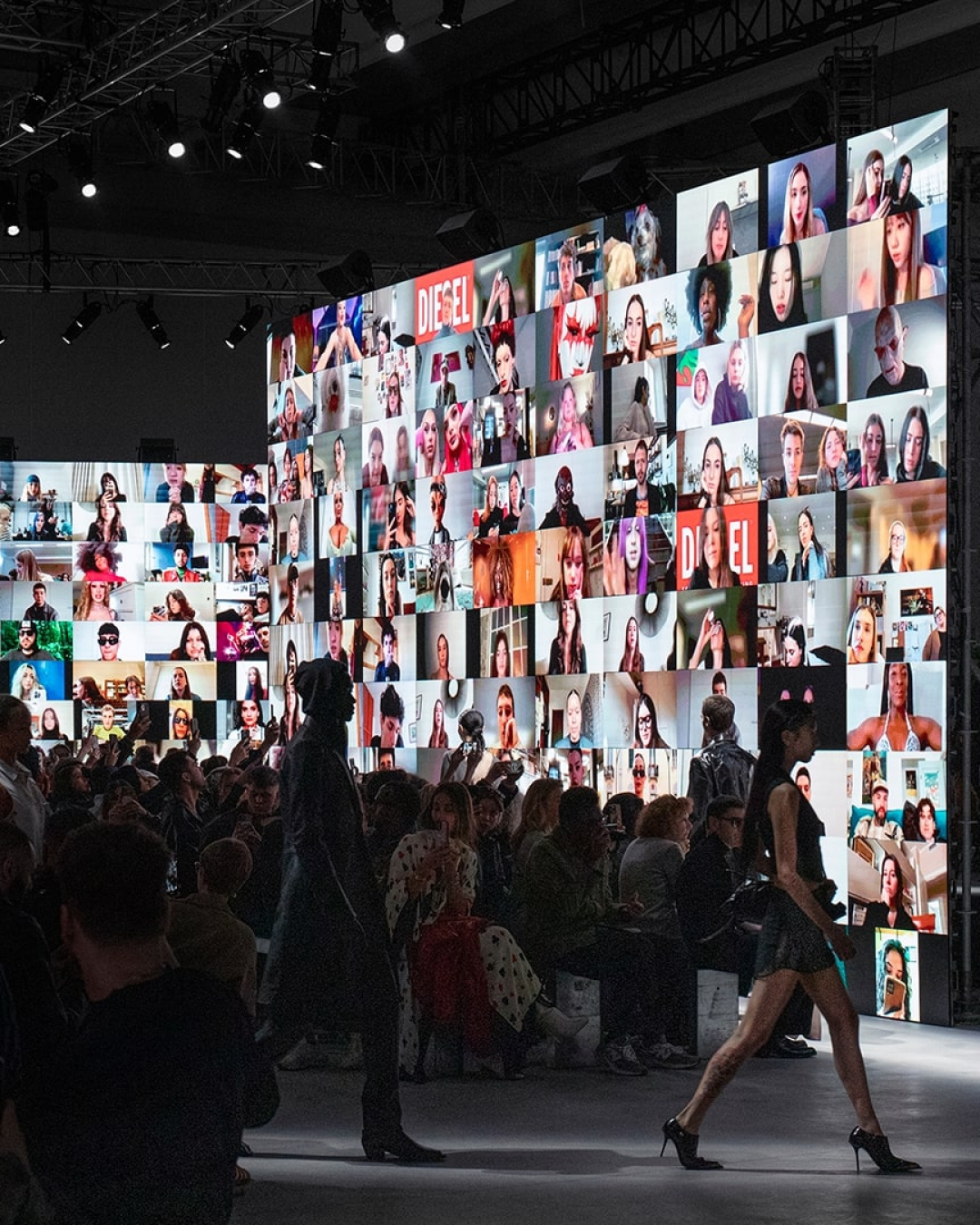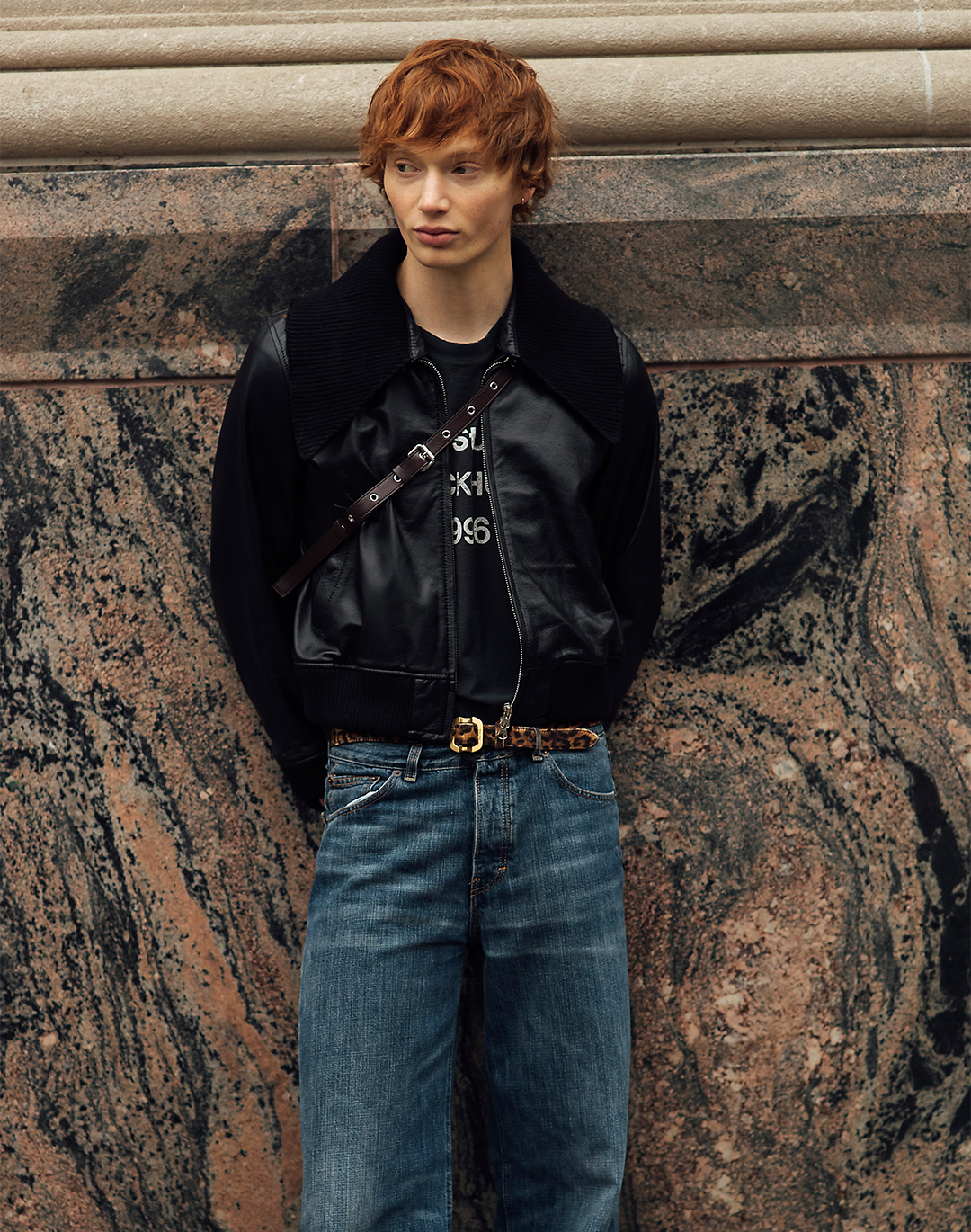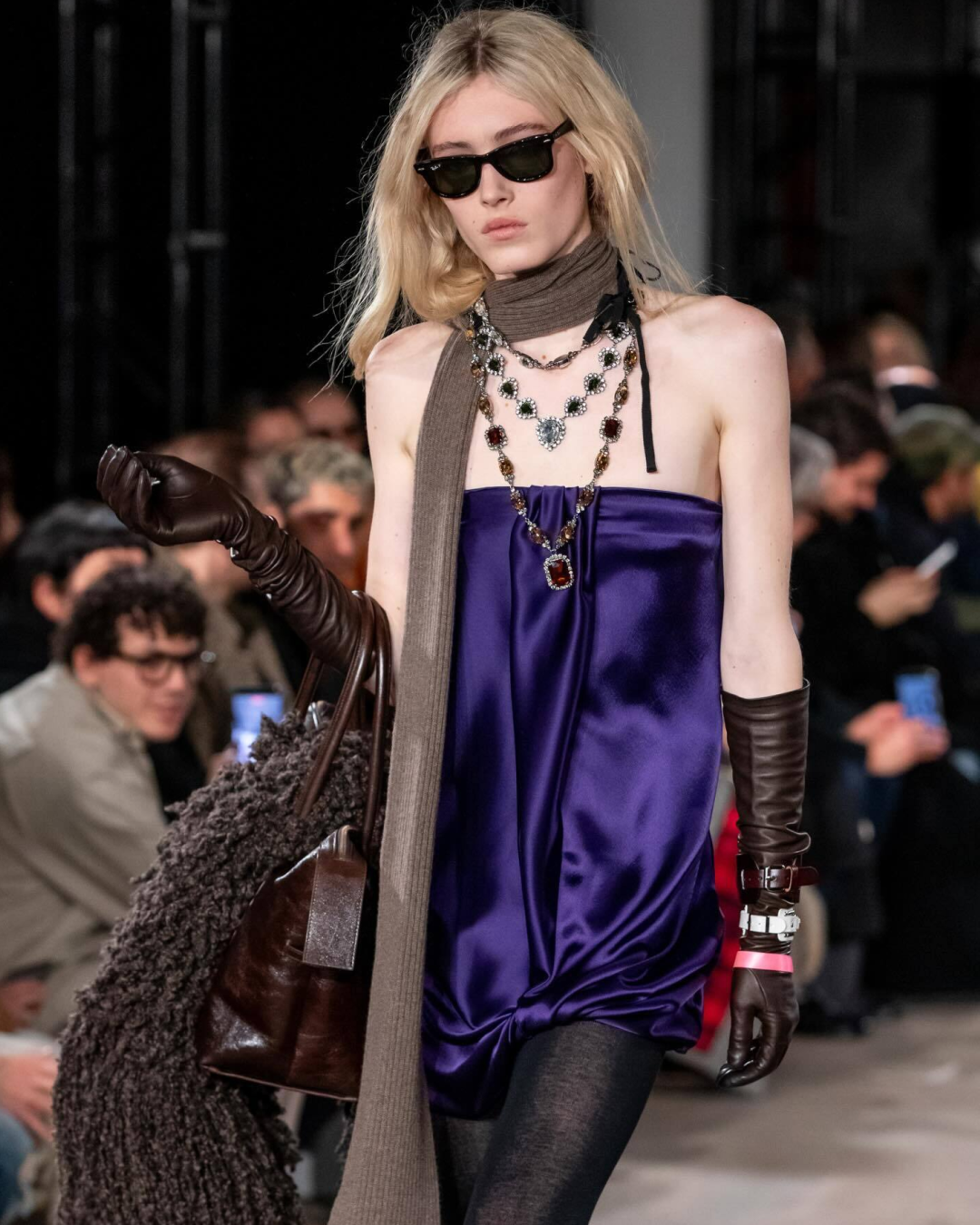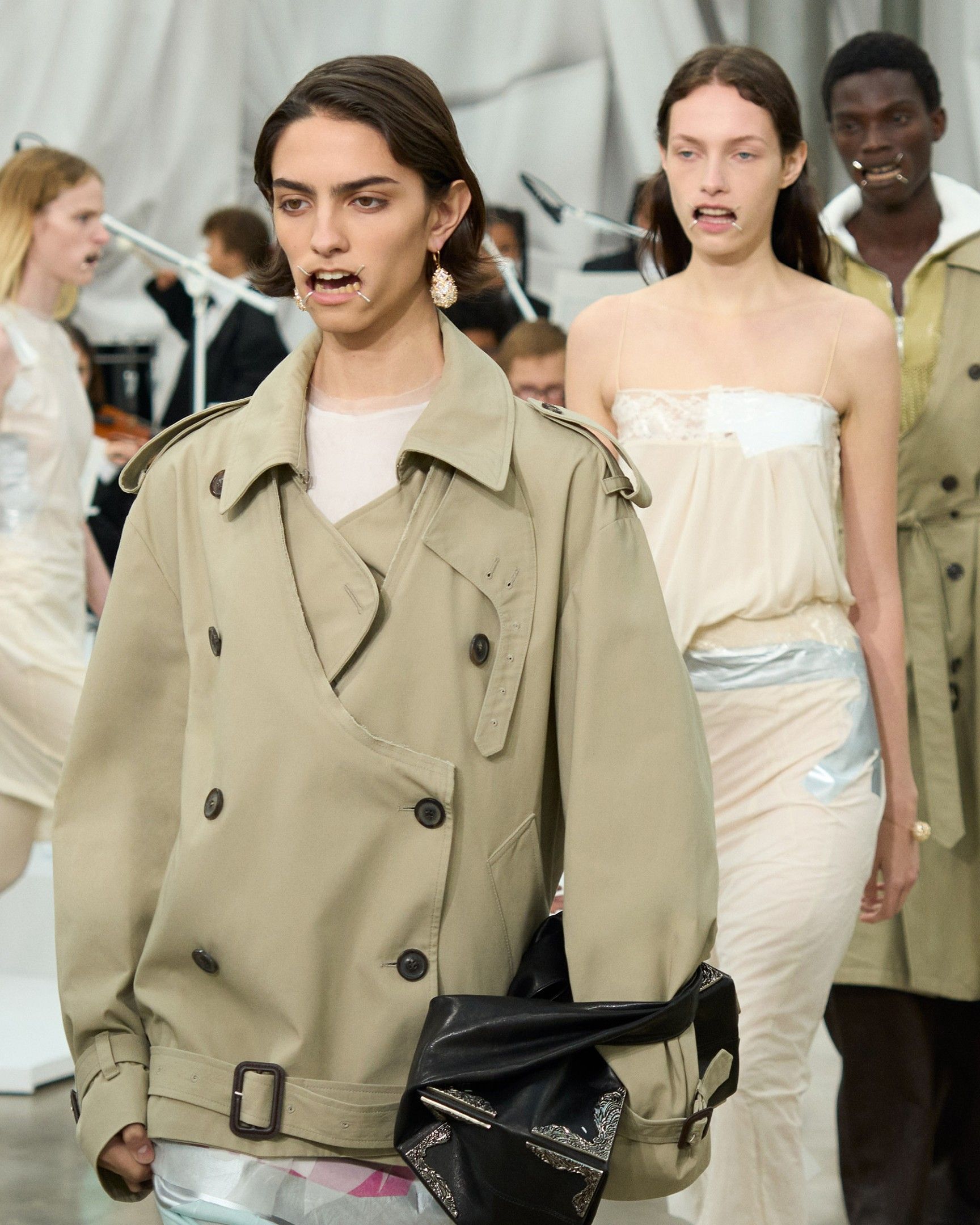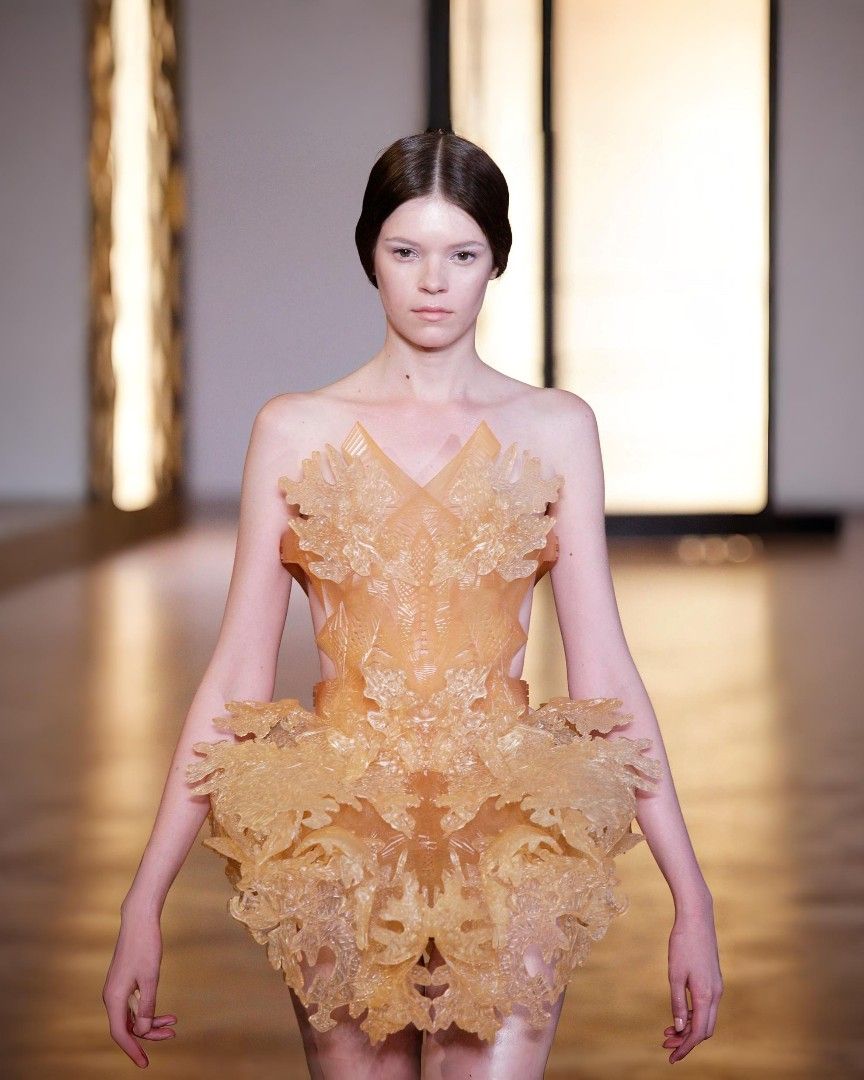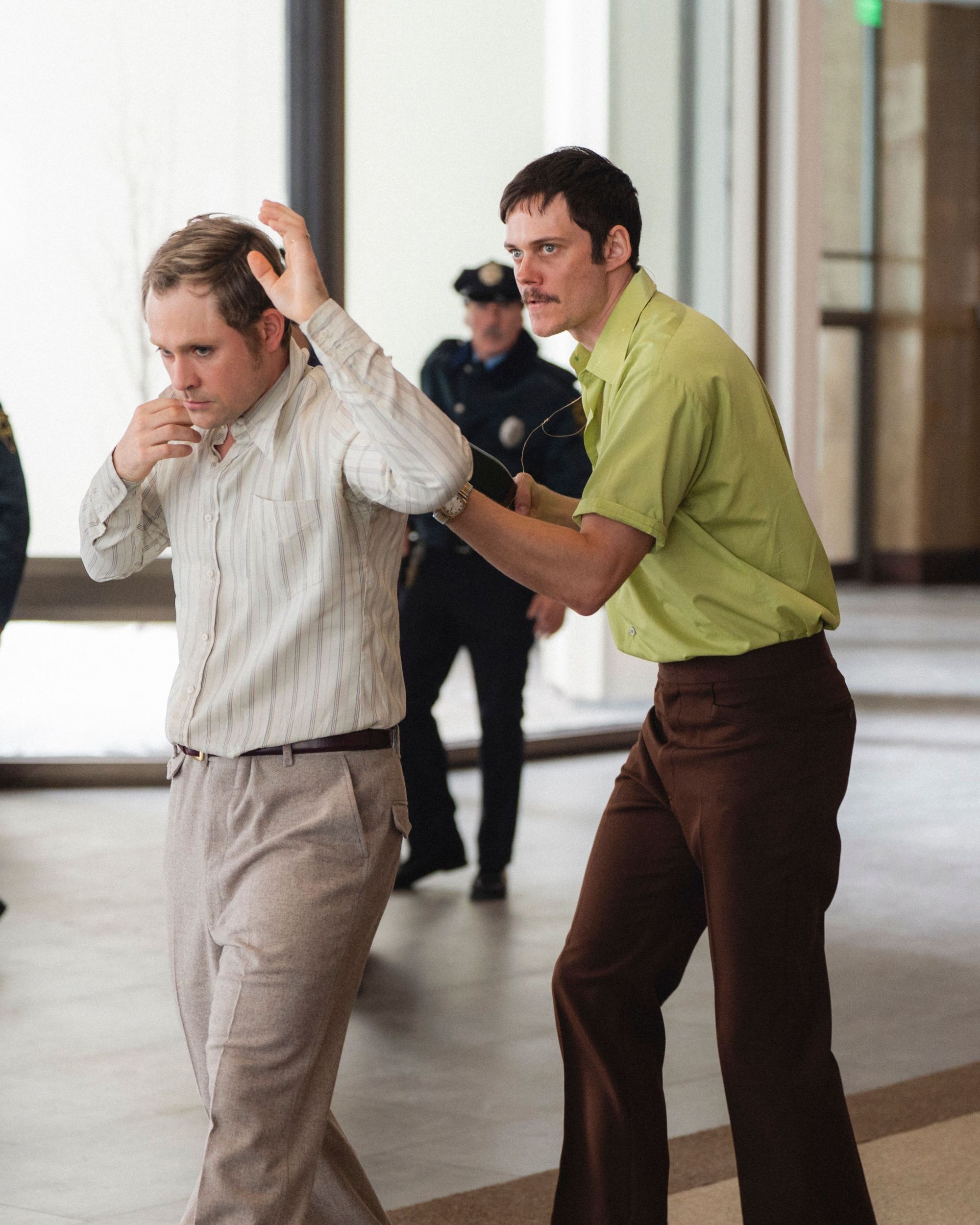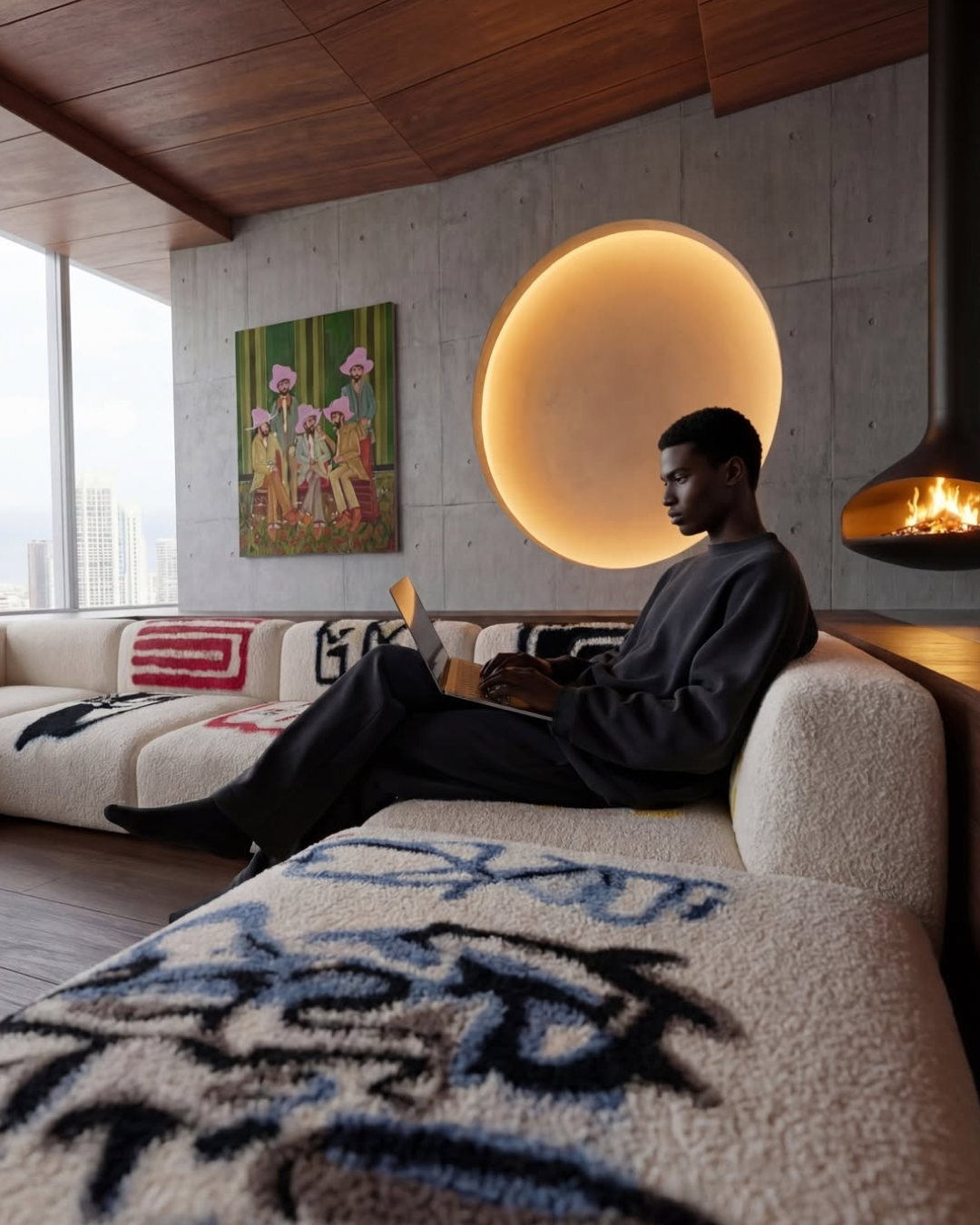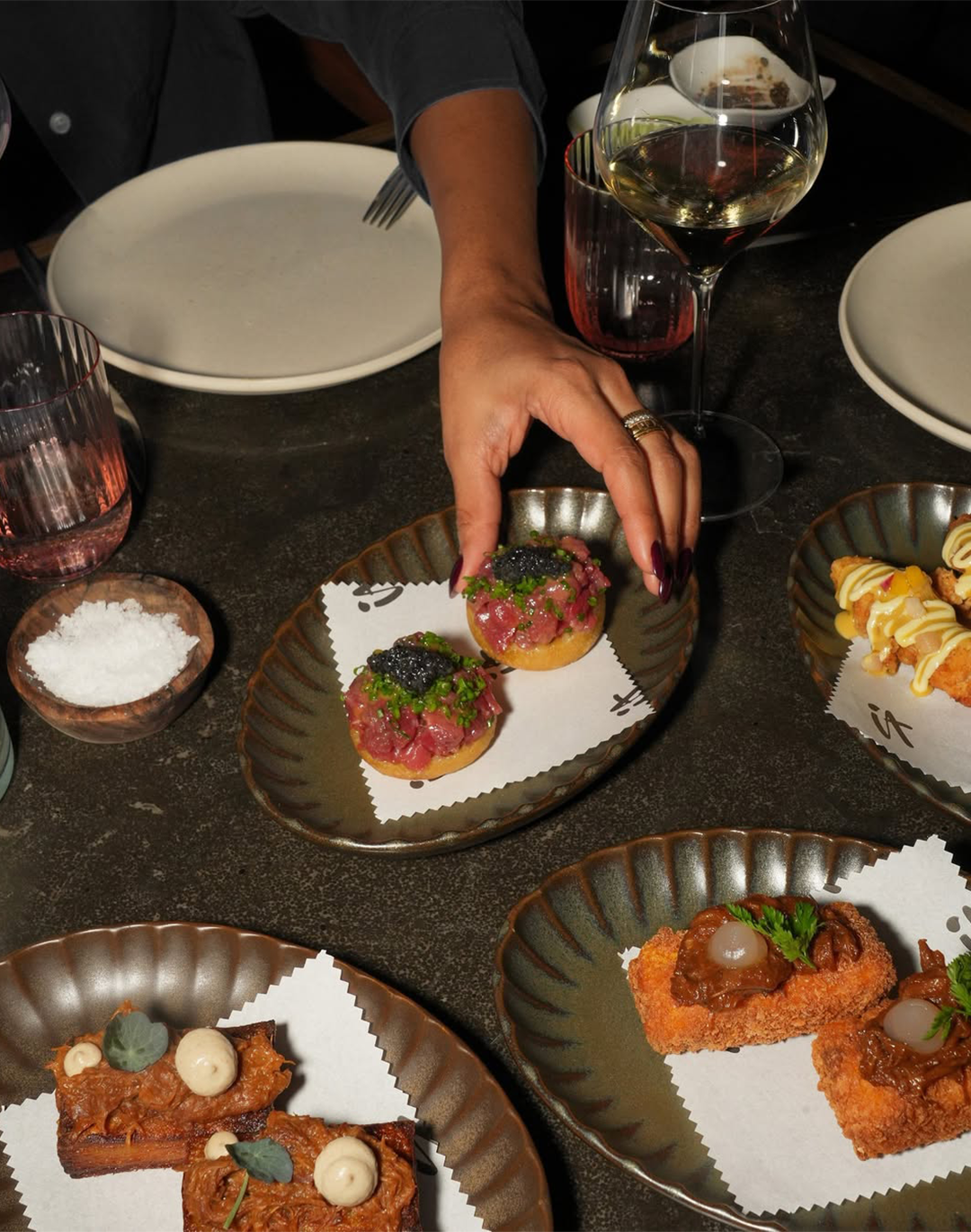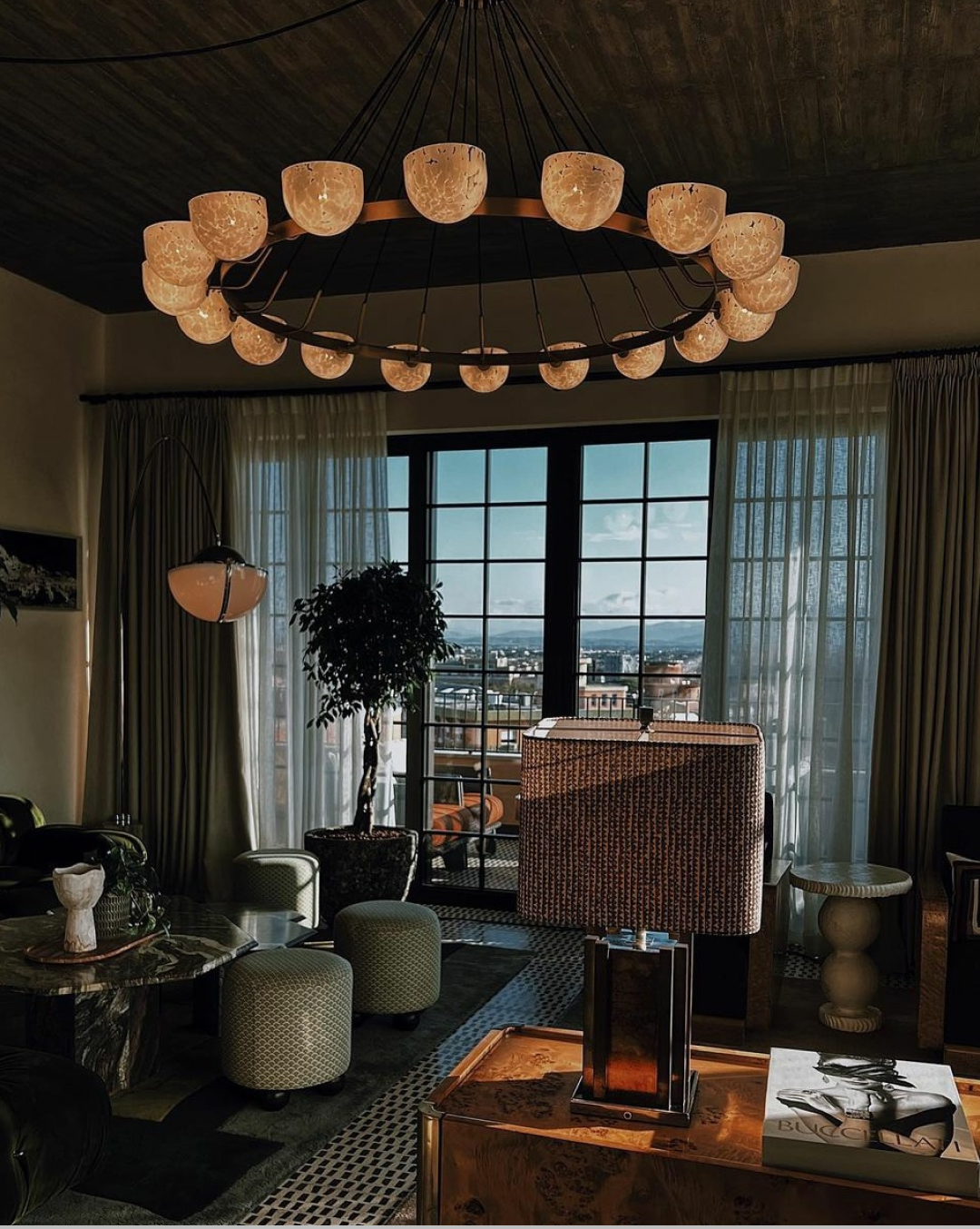
JOMO as an antidote to Fear Of Missing Out During Fashion Week, the joy of missing something takes over
September is par excellence the month when everything starts again. The city, previously a deserted place, starts to fill up with «I'm in a hurry.» And just as a few days ago the bus was empty, you now find it difficult to push through the crowd and find a seat, and all the summer boredom is replaced by the buzz of new beginnings. This is how we romanticise the return to life in the metropolis, running from one side to the other to pursue what the city has to offer us. We live the dream of the September business as the films and social media romanticise it, until the month really begins.
Once upon a time, the fast life was attributed to someone who lived on the edge, between alcohol and drugs, to the point of not thinking all the way through before taking action - rock stars, for example - whereas today the fastlifter is the average citizen of a big city like Milan. Alcohol and drugs are not necessary, one just goes about one's daily activities by inertia, ticking off to-do lists like it's a job per se. Our value is defined by what we do, in Milan and beyond, productivity must always be at a maximum if you want to be a creative, even more so if you work in the fashion world during fashion week. The events and afterparties multiply, and as you watch who you follow on social media attend each one of them surrounded by the most interesting people on the scene, you're at home, hidden under your bed covers watching whatever reality TV program and feeling like crap - or at least that's the way I feel. FOMO, Fear Of Missing Out, has become the driving force in the lives of those who cannot slow down. The apparent possibility of being everywhere, from fashion shows to afterparties, makes us unhappy with what we are actually experiencing, because it is not enough in a world where everything is possible. We feel excluded and out of step with others, constantly comparing ourselves to other people, and dissatisfied with the present and our insecurities. All this conditioned to a great extent by the use of social media, a showcase for rapid ostentation. But you know, we will live with technology for the rest of our lives, and we certainly cannot oppose progress, but we can find alternatives that allow us to approach what social media puts in front of us calmly.
Essayist Christina Crook was the first to theorise the joy of missing out. In her book The Joy of Missing Out: Finding Balance in a Wired World, the author talks about how being constantly online negatively affects our psychosocial well-being. For her research, Crook started from a 2011 article by Ani Dash, thus coming up with JOMO as a way to scale back the excesses of hyper-connectedness. The ten rules she drew up are reminders of how to approach slow living, a lifestyle that despite its fascination still seems unattainable in a city like Milan, where you always hear the world rushing by. In modern times slowing down is not something we can boast about, a regression of capitalism, so I asked myself: is anyone happy nowadays? Talking to my therapist, I found that this feeling is recurrent in patients living in big cities. I, an aspiring creative, experience the same condition as any financial employee at Deloitte, and who would have thought it.
@nssmagazine Giorgio Armani closing his show Milan Fashion Week is almost over. #giorgioarmani #milan #milanofashionweek #milanfashionweek #tiktokfashion #fashiontiktok #interview #model #fashionshow #dietrolequinte #mfw23 original sound - nss magazine
The creatives who recognise slow life as a possibility for success are several, but they only started talking about it in public after the Covid-19 pandemic began. In an open letter written in April 2020 to the American newspaper WWD, Giorgio Armani explained how slowing down was «the only way out that will bring value back to our work.» According to the designer, the decline of the industry was due to the adoption of the same operating methods as fast fashion. Belgian designer Dries Van Noten also felt the same way as Armani, so much so that she signed a declaration in favour of it herself, which was in turn quoted by many professionals in the industry. On the website Open Letter to the Fashion Industry, the list of statements on the subject was endless, and the demands of the major players in the fashion system were very clear: to establish a new calendar for fashion shows and to limit any waste as of autumn/winter 2020. In the meantime, big changes are yet been seen, also due to the fact that the desired goals require a lot of work and the results cannot be immediate.
«I'm naive. But not that naive. A message starts from the top, goes down, expands and reaches many people. And this is a new message. Produce less, produce better.»
Dries Van Noten
The mere fact that slowing down has entered the centre of the fashion discussion is positive, but now change must be implemented. Just as the industry knows how to respond to market needs, so it should recognise the need for a brake, even if it will not be so easy to change pace. I think it is necessary to dust off the concept of 'the sweetness of doing nothing', as a viral audio on Tik Tok put it some time ago, meaning that we should all be enjoying each day without being at the beck and call of industries punctuating the rhythm of our lives, demythologising the hectic lifestyle by taking us one step further in following our natural rhythm.

